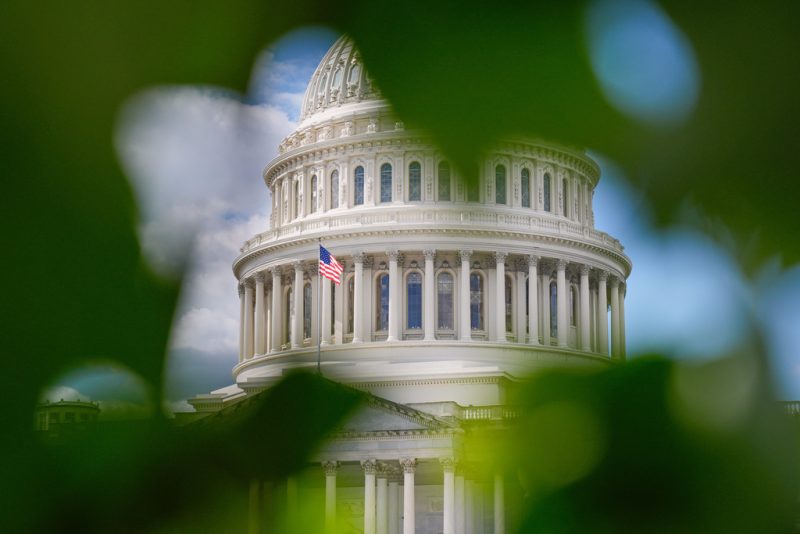HONOLULU (KHON2) — Hawaiʻi is thousands of miles from Washington, D.C., but the islands are near the top of the list of places feeling the federal government shutdown.
A new report released Wednesday, Oct. 15, ranked Hawaiʻi as the second most affected state, just behind the District of Columbia.
One reason Hawaiʻi ranks so high is the number of federal jobs. About 5.6% of all jobs in the islands are tied to the federal government. (And don’t forget that in addition to this a further 12% of Hawaiʻi’s workforce is employed by non-profits who are seeing their federal funding dry up.)
That puts Hawaiʻi in a tie with Maryland and D.C. for the top share of federal jobs nationwide. Many of these employees are now furloughed or working without pay, and it’s creating stress for families who rely on steady government income.
Real estate makes up almost 23% of Hawaiʻi’s gross state product. That’s the fourth highest in the country. So, when shutdown occurred, the process slowed for mortgage approvals and processing because of short staffing at the IRS, FHA and VA.
Those delays affect homebuyers, sellers and the housing market as a whole. With such a large share of Hawaiʻi’s economy tied to real estate, the impact could ripple across the islands.
Hawai‘i’s national parks are also caught in the middle. The state has the seventh-highest number of parks and the eighth-most acreage per person.
These areas face cuts in staffing and maintenance during the shutdown. Visitors may find closed centers, fewer services and less upkeep on trails or facilities. That could affect both local residents and tourists who are a major part of the state’s economy.
The 2025 government shutdown is the 11th since 1976. Disputes over spending limits, foreign aid cuts and health care subsidies led to the stalemate this time.
The U.S. economy is losing an estimated $400 million a day, and about 900,000 federal workers are furloughed with nearly 700,000 working without pay. Unlike past shutdowns, it is still unclear if all employees will eventually receive back pay.
The District of Columbia tops the report’s ranking with the heaviest impact, followed by Hawaiʻi and New Mexico. Alaska and Maryland round out the top five. At the other end of the scale, Minnesota, Iowa and Indiana are the least affected.
“The latest government shutdown makes life stressful for people across the U.S., but places like D.C. and Hawaii, where a high percentage of residents work directly for the government or have government contracts, are getting hit the hardest,” said Chip Lupo, an analyst for the report.
You can click here to access the full report.
For Hawai‘i, the shutdown shows how federal work, housing and public lands connect in everyday life. The longer the standoff in Washington continues, the more the islands will feel the strain.
This is what the University of Hawaii has said about the situation:
“Thousands of our employees are either fully or partially funded by federal dollars, including many who support our veterans,” said Wendy Hensel, University of Hawaiʻi President. “It has been both standard practice and statutory requirement for universities to be reimbursed for any prepaid federal salary after a shutdown. However, President Trump has indicated that may not be the case this time, though there is countervailing law. We are closely monitoring the situation.”
